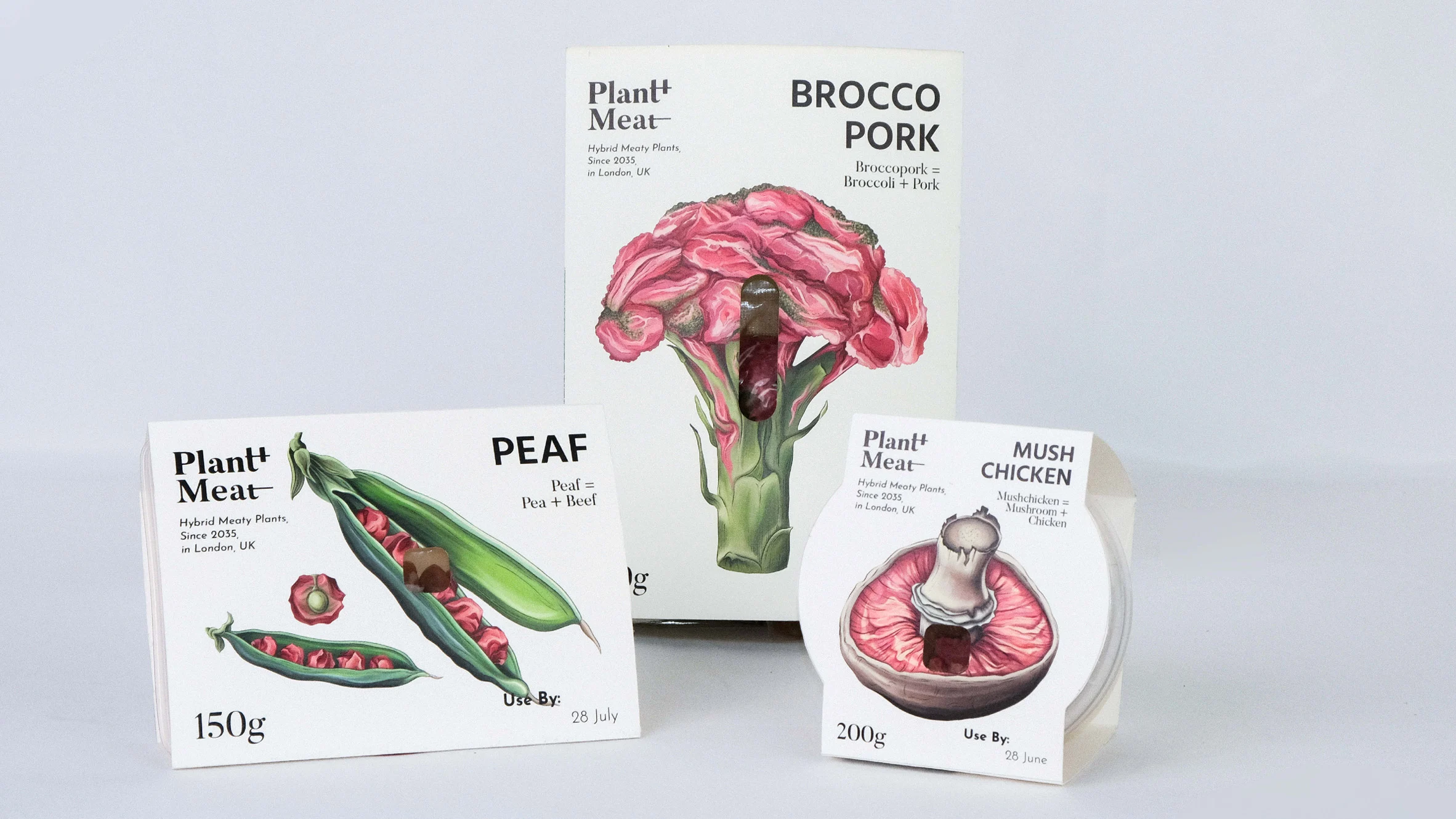Classic whey remains a hero ingredient for many packaged foods and beverages with boosted nutritional yields, but demand for labels sporting plant protein inclusions is keeping pace. Suppliers anticipate that future product rollouts will feature increasingly hybrid formats that blend conventional soy and pea protein with fermentation-derived components and even cell-based ingredients.

Food Ingredients First speaks to key industry suppliers on the maturation of the plant-based market, which has sustained momentum through its diversification into new formats and innovation around more sophisticated meat analog textures.
According to research by ADM, 59% of global specialized nutrition occasions are now plant protein sourced, versus 28% reporting animal protein sourced.
ADM anticipates a growing adoption of new protein sources and technologies, with 43% of global plant-forward consumers believing it’s healthier to get protein from a wider variety of sources, compared to in 2020.
“This openness demonstrates the further potential for new protein sources, blends, hybrids and advancements in technology,” highlights Jacquelyn Schuh, marketing director at ADM’s Global Protein and Savory category.
“Hybrid protein products in the market today feature a combination of animal-based and plant-based proteins,” she notes. “They also feature blends of familiar plant-based proteins like soy, wheat or pea with emerging plant-based ingredients like chickpea, lupine or canola, as well as other wholesome plant-based ingredients like beans, pulses, ancient grains, seeds or nuts.”

Among these hybrids, Schuh anticipates the expanding application of novel ingredient sources, such as fermentation-derived proteins derived from controlled microbial processes. Notable advances within this sector this month have included mycoprotein producer Enough’s recent €40 million (US$43.5 million) growth funding round, as well as Imagindairy’s self-affirmed GRAS status for its novel cow-free authentic dairy proteins.
“In fact, when asked about interest in next-generation science and technological advances, global plant-forward consumers are most interested in trying plant-based products with plant-based novel ingredients, followed by hybrid alternative options (combinations of familiar and new technologies), then fermentation-derived sources,” says Schuh.
** Click here to read the full-text **








